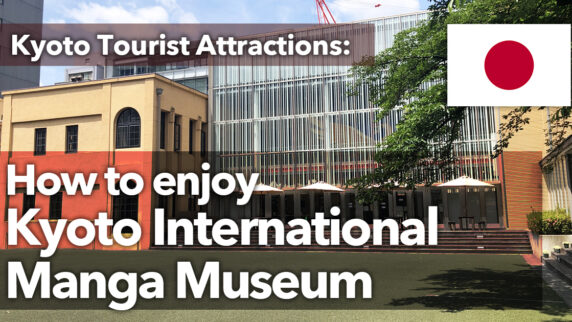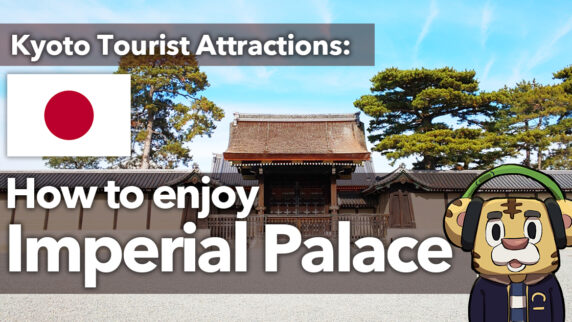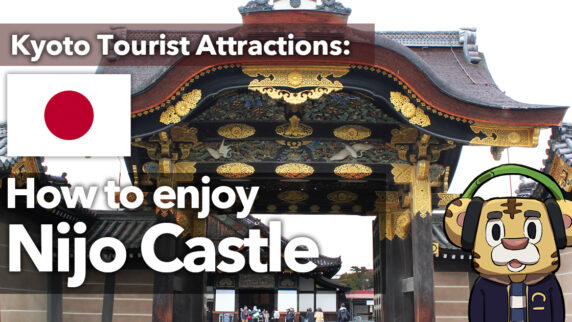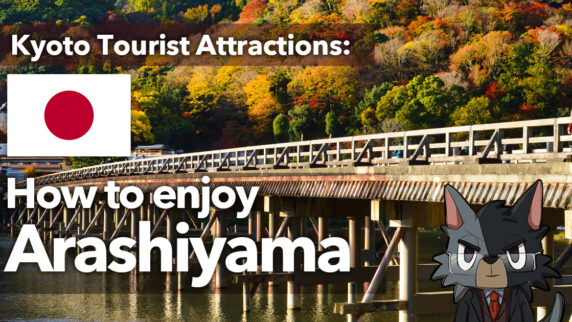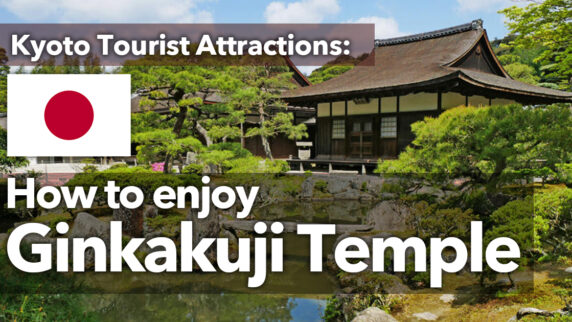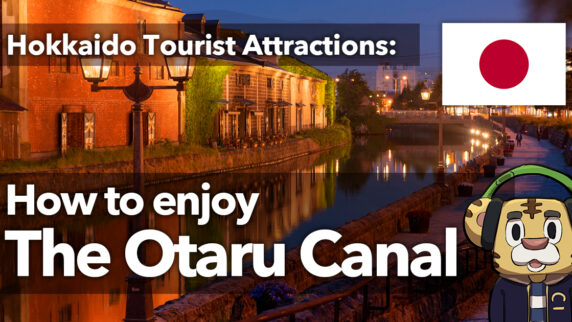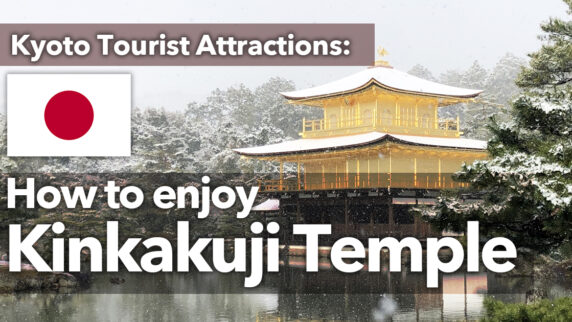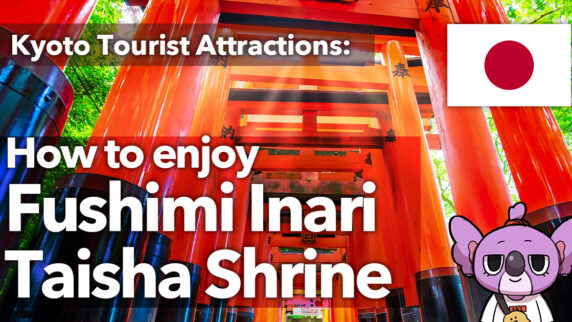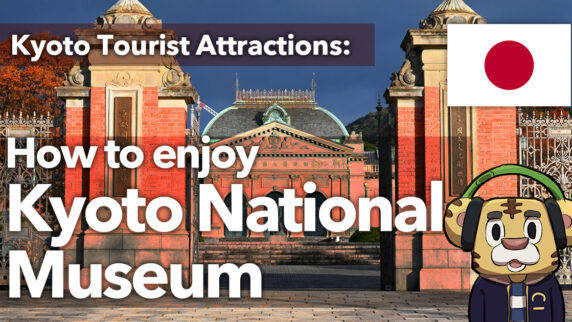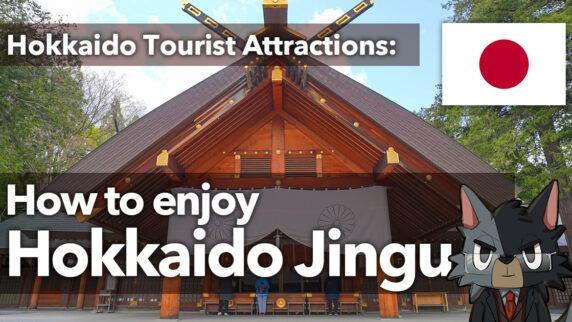 sightseeing
sightseeing Hokkaido Tourist Attractions: How to enjoy Hokkaido Jingu
Hokkaido Jingu is a historically and culturally significant shrine located in Sapporo, Hokkaido, and is a tourist attraction where visitors can experience the traditions and beauty of Japan.Founded in 1871, the shrine is dedicated to Okuninushi no Okami, the pioneer god of Hokkaido, and other deities, and attracts many visitors and worshippers The shrine is located on a large site.
Surrounded by vast grounds and beautiful natural surroundings, Hokkaido Jingu Shrine offers a variety of seasonal scenery. In spring, cherry blossoms are in full bloom, summer brings fresh greenery, autumn brings beautiful colors of autumn leaves, and winter brings snowy landscapes. In particular, the cherry blossom festival in spring and the snowy landscape in winter are highlights not to be missed.

